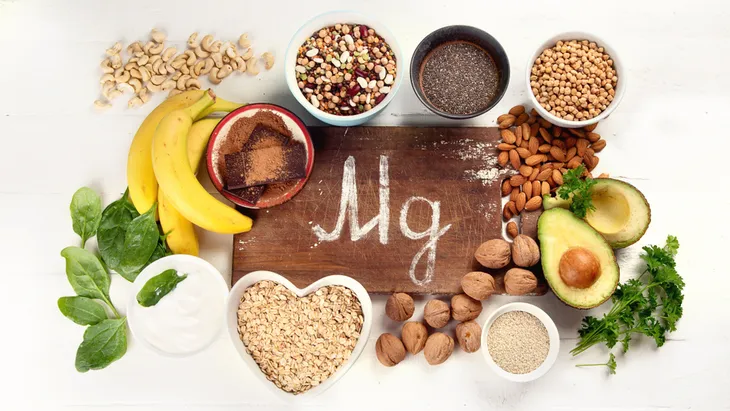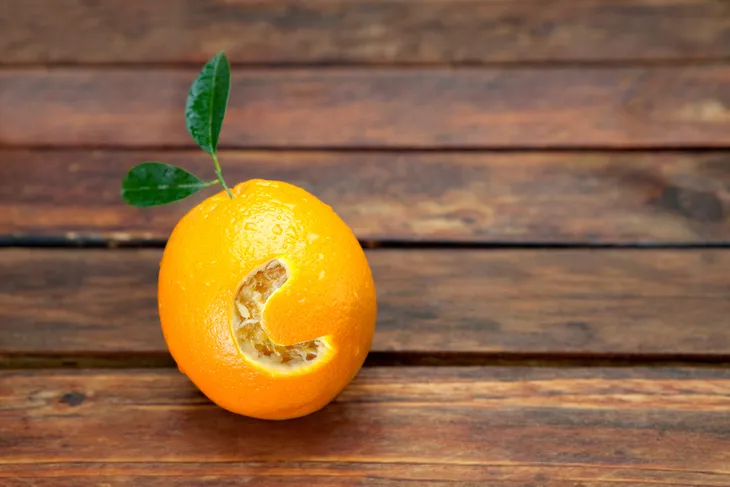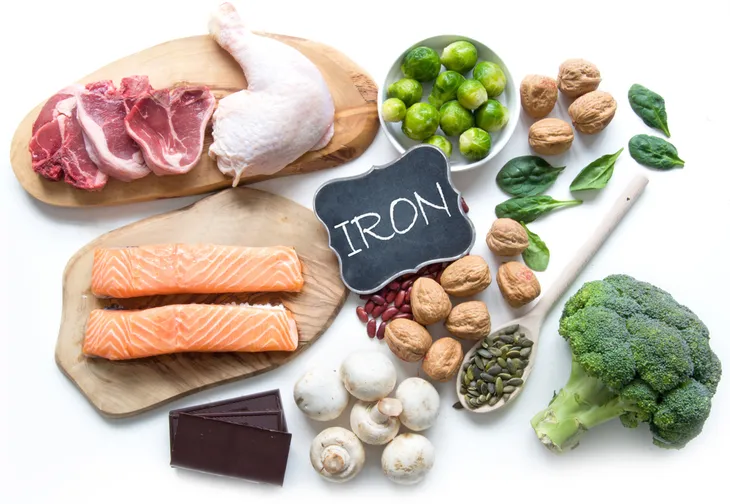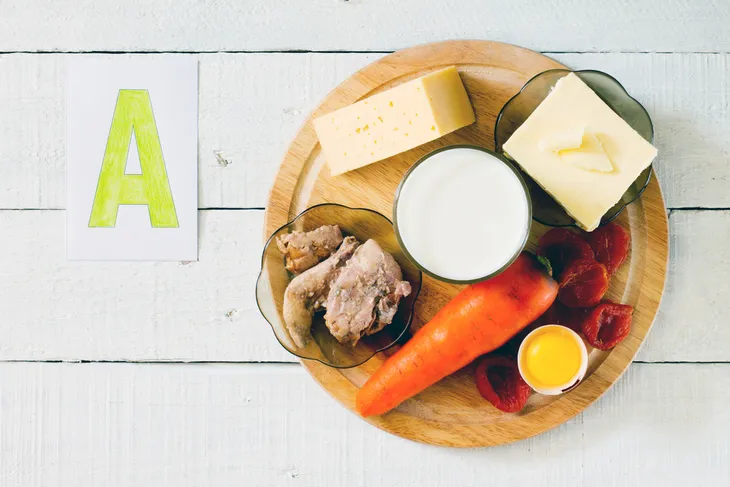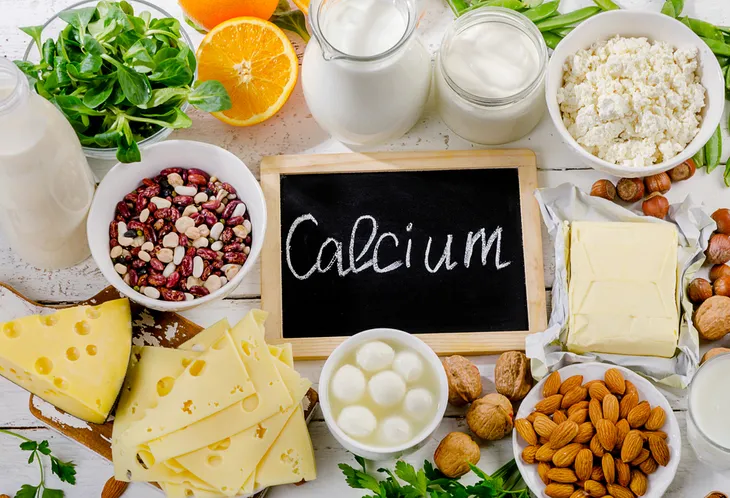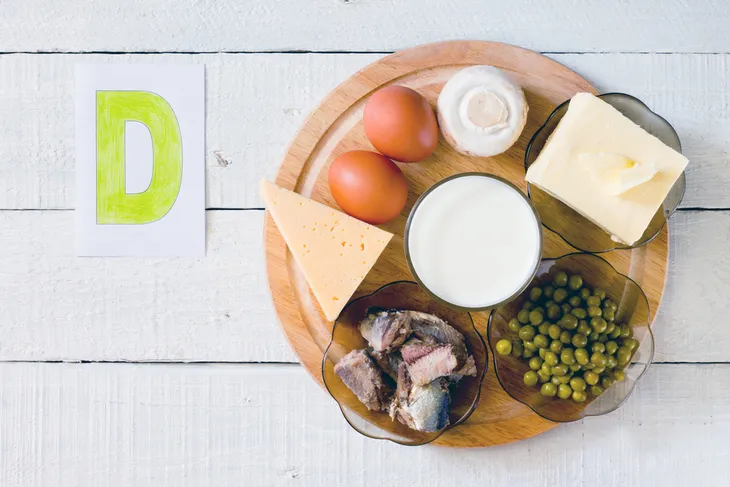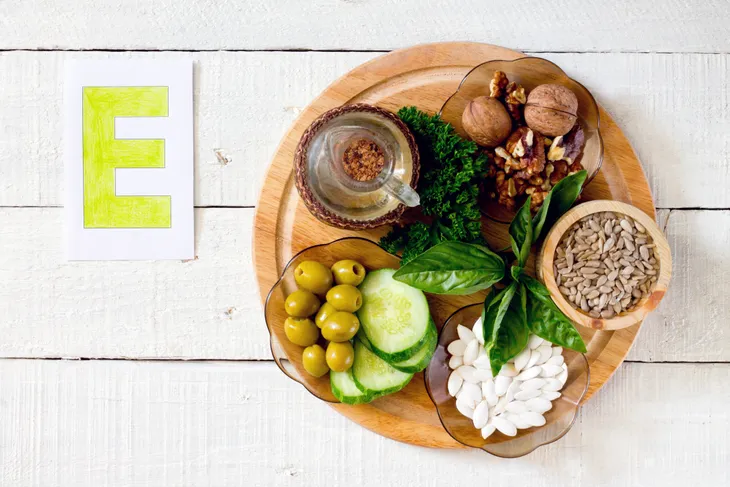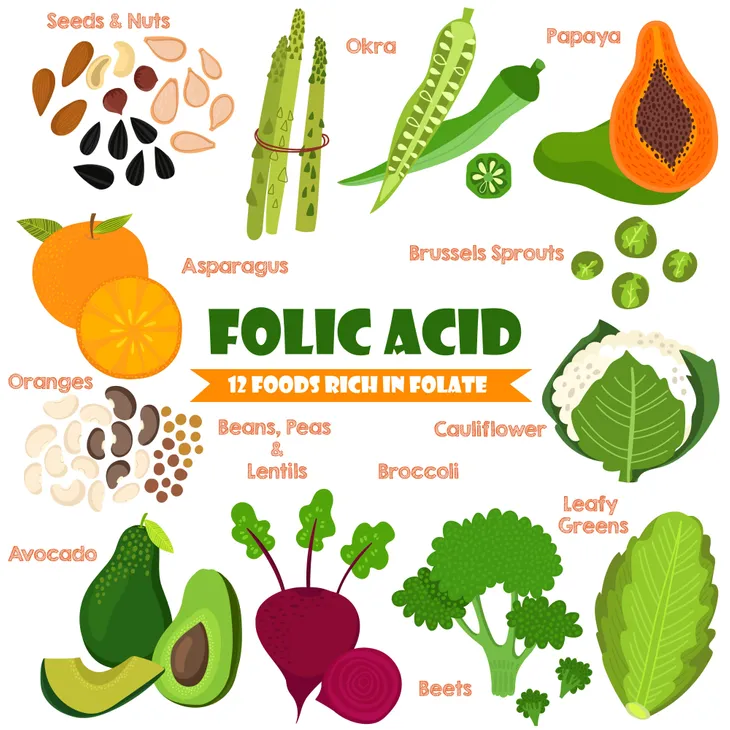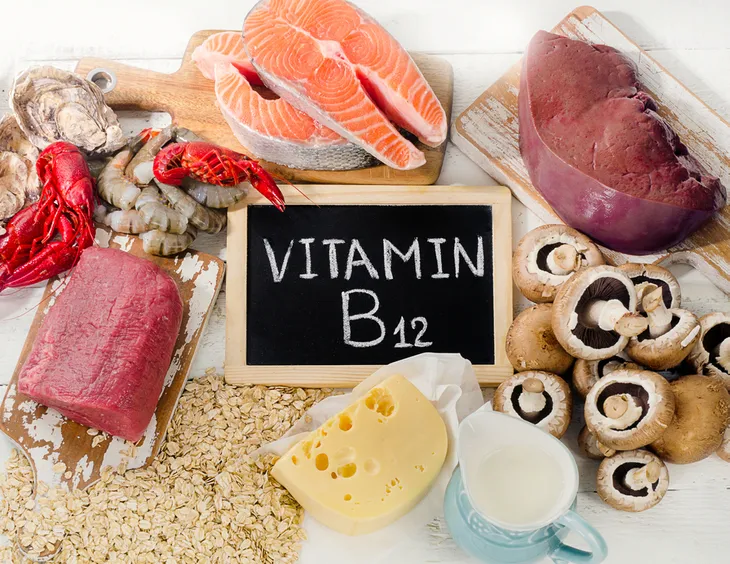Winter drags many of us down—it sucks up our energy, causes joint inflammation and pain, leaves us with the sniffles, seasonal flu, and the winter blahs. However, many of these common winter ailments are caused by vitamin or mineral deficiencies. That’s why topping up your stores with essential vitamins can put a spring back in your winter step.
We’ve combined a list of vitamins that are essential for winter survival. Check it out…
Vitamin C
You always pop vitamin C when you feel a cold coming on. However, during winter when vegetables and fruits high in the immune boosting vitamin are scarce, you may need to take regular vitamin C supplements to support body tissue growth, healthy blood vessels, strong bones and teeth, and to ward off winter influenza.
Iron
A body that’s low in iron can really feel really sluggish come winter. This is particularly true for women who have heavy periods. Iron supplements can rev up your energy levels and encourage healthy, fresh blood oxygen delivery to the lungs, spleen, bone marrow, muscles, and cells.
Vitamin A
If you’re already iron deficient, chances are your vitamin A stores are depleted as well. Unless you’re pregnant, vitamin A will put the sparkle back in your eyes, the glow back in dull winter skin, and keep your bones strong in case of a slip or fall in nasty winter conditions.
Calcium
Chances are winter will bring 2 things—lots of snow shovelling and lots of cookie eating! Well calcium, an essential mineral, supports strong bones and teeth. In essence protecting those bones from icy falls and those teeth from sweet, sweet cavities in the wake of holiday sweets.
Vitamin D
As the days get shorter and the nights longer, it seems that we hardly see any sunshine during winter. This can be bad news for the D deficient since this essential vitamin is only absorbed when the body is exposed to sunlight. That’s why getting out in the sun (when weather permits) is vital during colder, darker months. Without vitamin D, the body can’t absorb calcium or stimulate certain immune responses that protect us from colds and infections.
Omega-3 Fatty Acids
Winter’s short, dark days combined with bone-chilling temperatures can put you in a state of winter blahs, or worse, seasonal affective disorder (SAD). Luckily, omega-3 fatty acid supplements can help boost your mood, improve your mental focus, and ward off the sniffles.
Vitamin E
If you suffer from seasonal dry skin, nails, and hair then you might be seriously lacking in vitamin E. This moisturizing antioxidant infuses the skin with moisture and soothes, red, itchy, flaky skin and brittle hair and nails against free radical damage, windburn, psoriasis, and dandruff.
Folic Acid
Unfortunately, if you’re not a fan of green, leafy vegetables, you’re probably not getting enough folic acid. And during winter months when spinach and arugula are at an all time low, it’s even more difficult to top up depleting stores, which result in dry, flaky skin during cold months when we take more hot baths and showers, and when the humidity is low and skin won’t retain sufficient moisture.
B Vitamins
This energetic little group of vitamins, known as B Complex, are responsible for converting carbohydrates into energy, to help metabolize fats and proteins for fuel. That’s why supplementing with B’s (particularly vitamin B12) can lessen feelings of depression, holiday anxiety, and SAD.
Magnesium
Many women suffer from painful menstrual cramps, particularly during winter. However, adding a magnesium supplement to your daily diet can ease cramps during cold weather months by lessening muscle contractions and severe nerve impulses.
